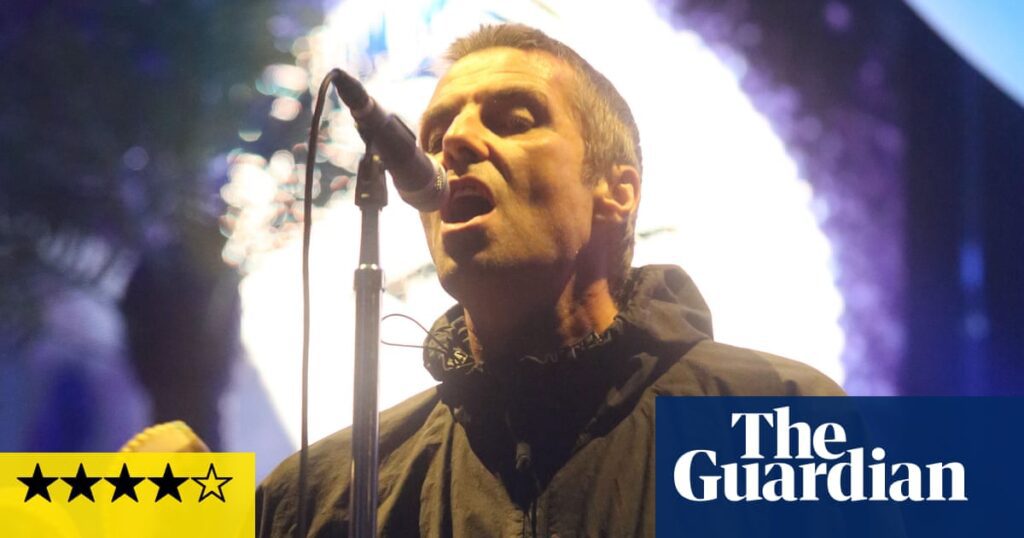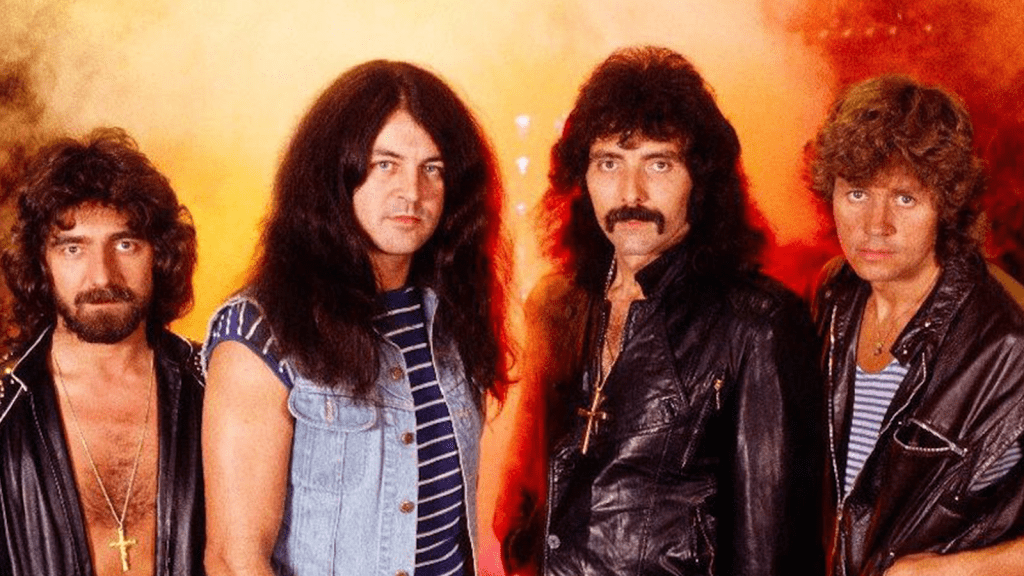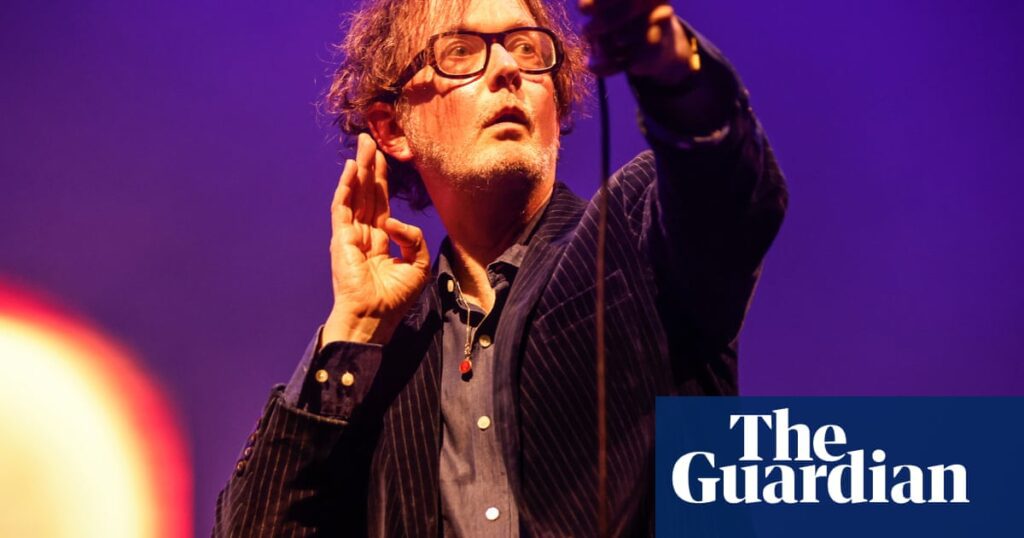
Liam Gallagher review – Oasis frontman delivers Definitely Maybe in all its 90s glory
‘I haven’t got any fucking new ones for you, so it’s going to have to be an old one, all right?” proclaims Liam Gallagher at one point tonight, during a set that feels like a time capsule of 1994. Performing Oasis’s classic debut Definitely Maybe in full, the backdrop of the stage replicates the album’s cover, complete with a huge globe, picture of Burt Bacharach, and pink flamingos.
As the whirring crashes of Rock’n’Roll Star begin, it’s hard to feel any pronounced sense of occasion. Despite the milestone of the album turning 30, it has remained a culturally omnipresent force, with the songs still largely inescapable, and it’s been the opener to Gallagher’s solo set for years.
However, what feels like business as usual quickly morphs into something much more considered. A six-piece band, complete with backing singers and a string quartet, adds real weight and lift to these songs. A pummelling Bring It On Down feels both meaty yet detailed as a trio of guitars stretch it into an almost psychedelic wig out. There’s Definitely Maybe B-sides and off-cuts such as D’Yer Wanna Be a Spaceman and Cloudburst but perhaps the most unexpected outing is Half The World Away, dedicated to Noel. It’s a string-soaked, stirring rendition performed with grace and punch as the room lights up in a sea of phones and every voice unites for a warm singalong.
There’s not a single Liam Gallagher solo song tonight, as he fires out Oasis hits with rapidity, from a grand and sweeping Whatever to a raucous Cigarettes and Alcohol. A final run of Supersonic, Slide Away and Live Forever sets the place alight before I Am The Walrus closes the set, as would have been customary at an Oasis show back in 1994.
It’s an unashamed nostalgia fest, but given many anniversary play-your-classic-album-in-full shows can feel tossed off, perfunctory and occasionally disinterested, Gallagher has put real thought and care into performing these songs; ones that you can’t help but feel will remain as ubiquitous as ever in another 30 years.




